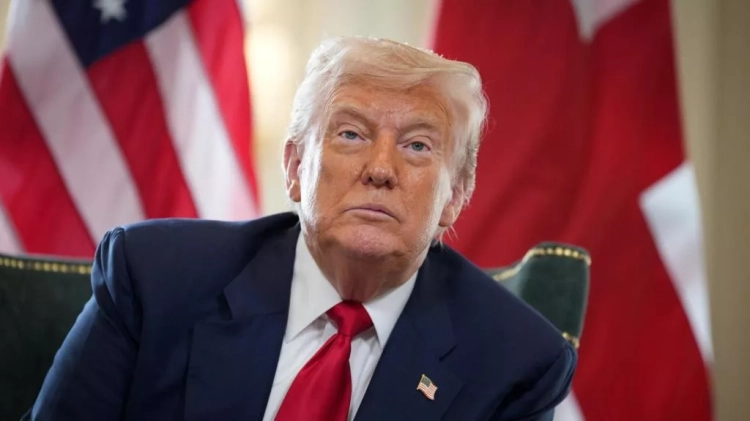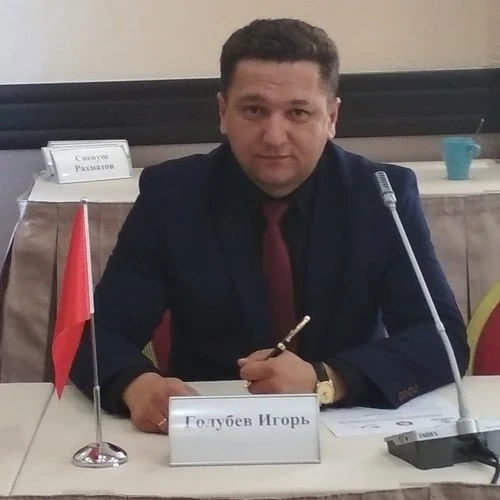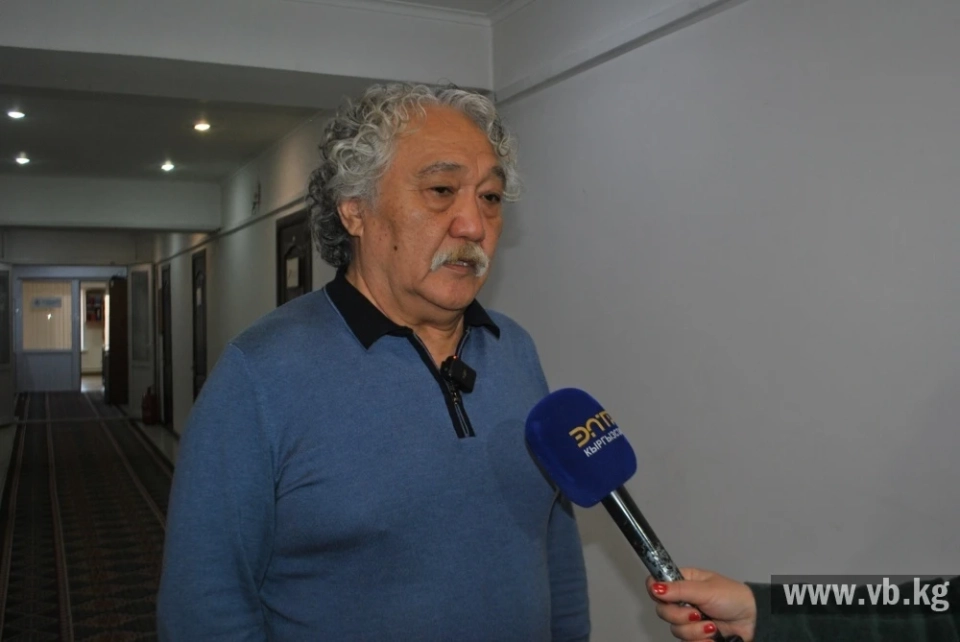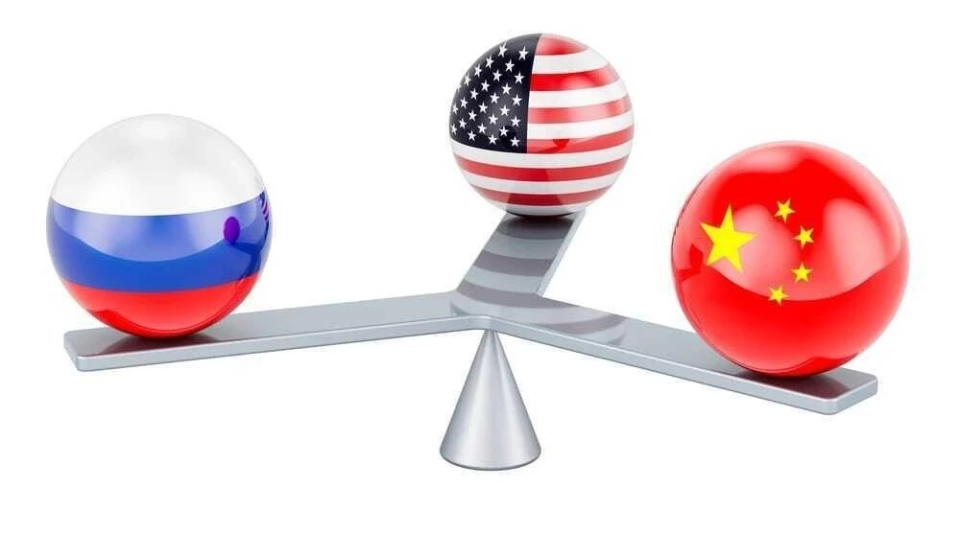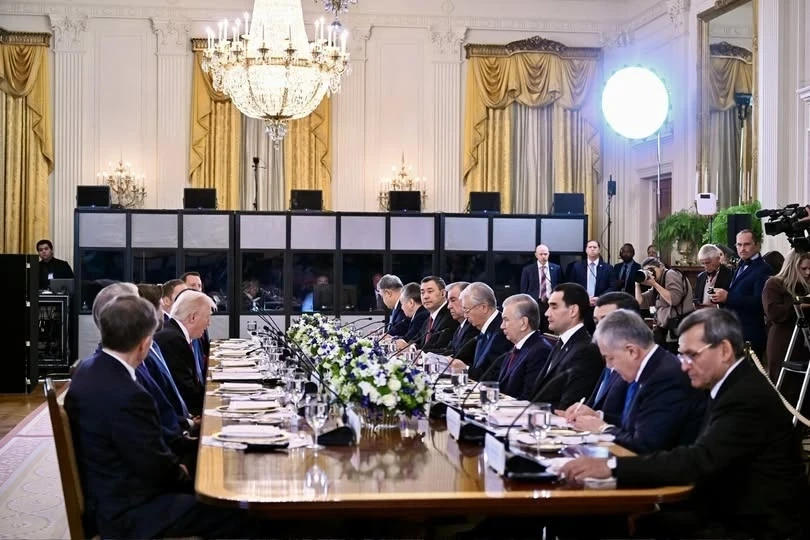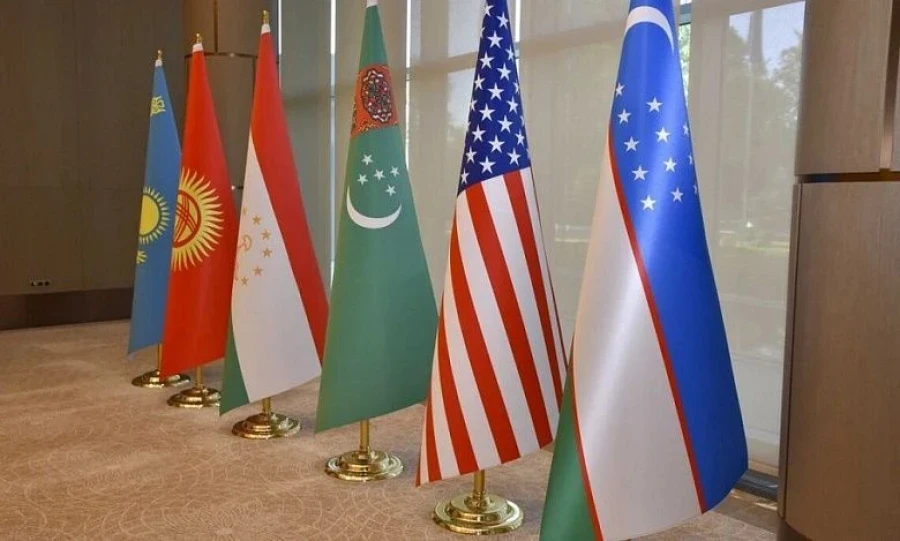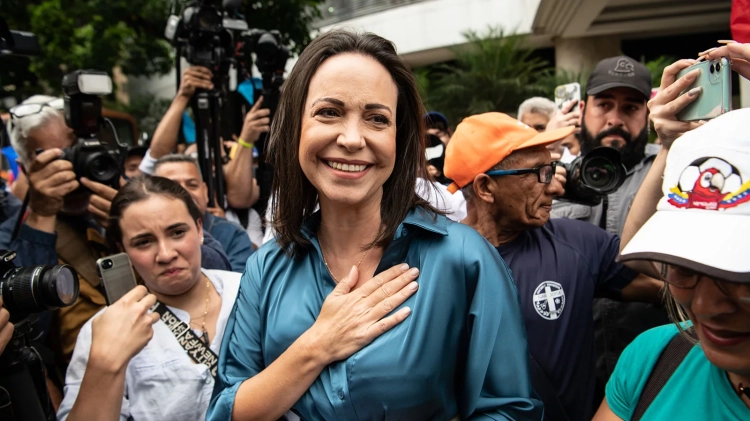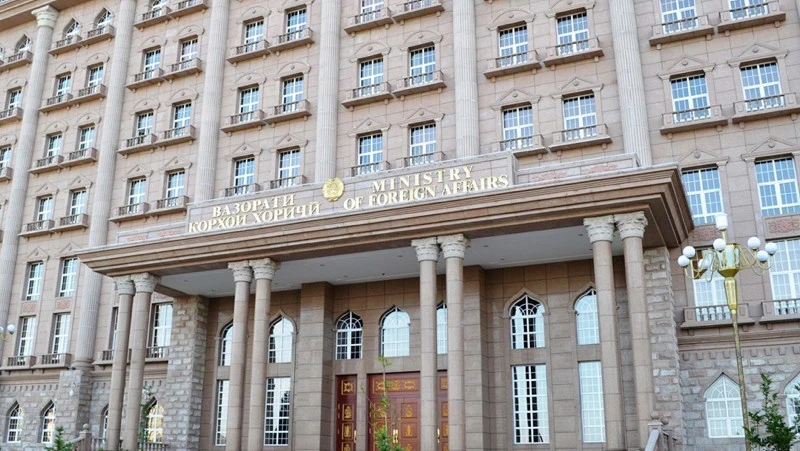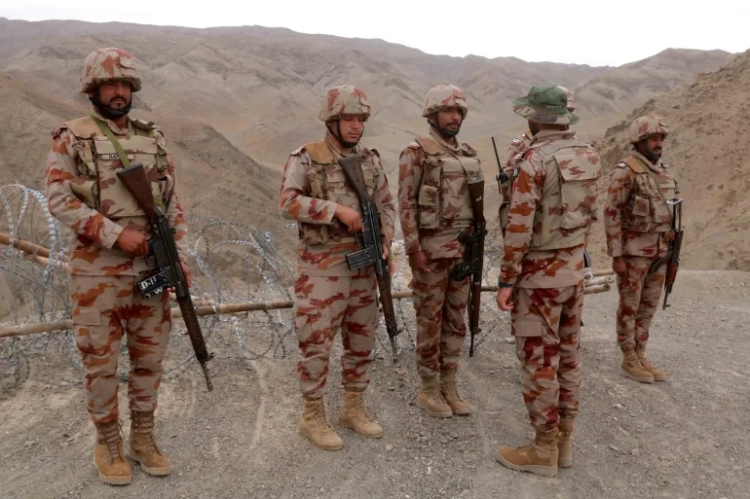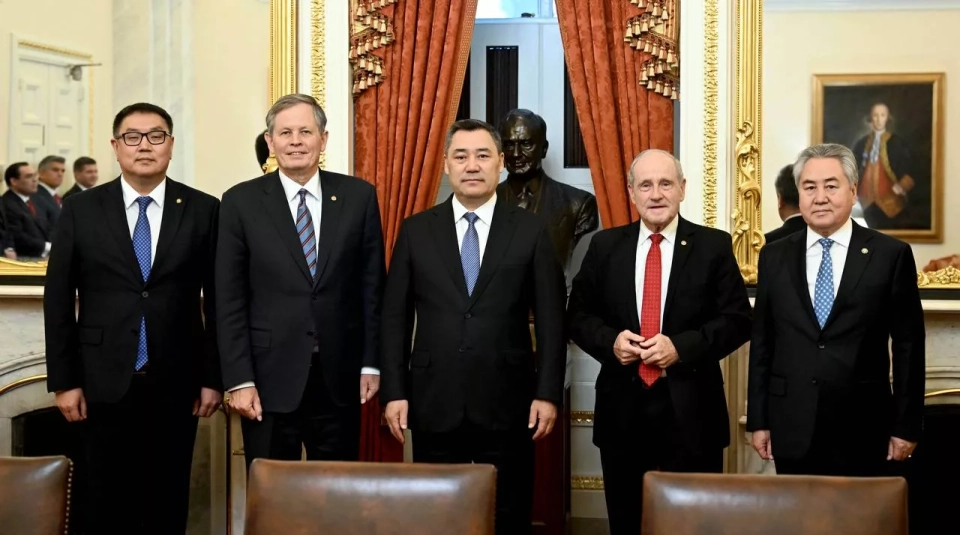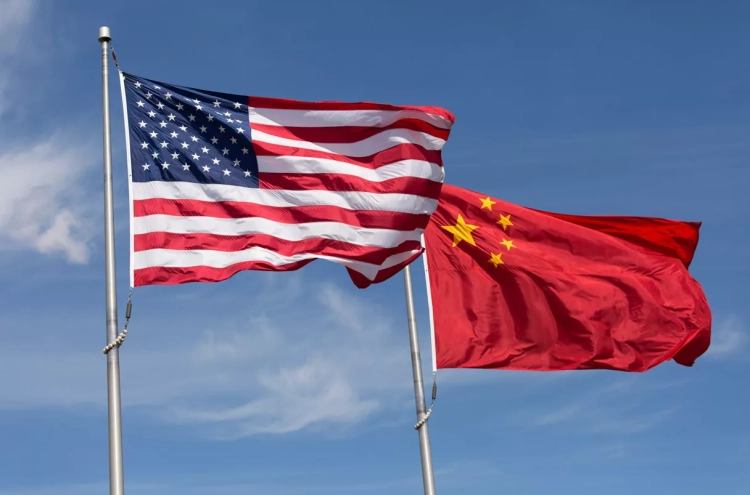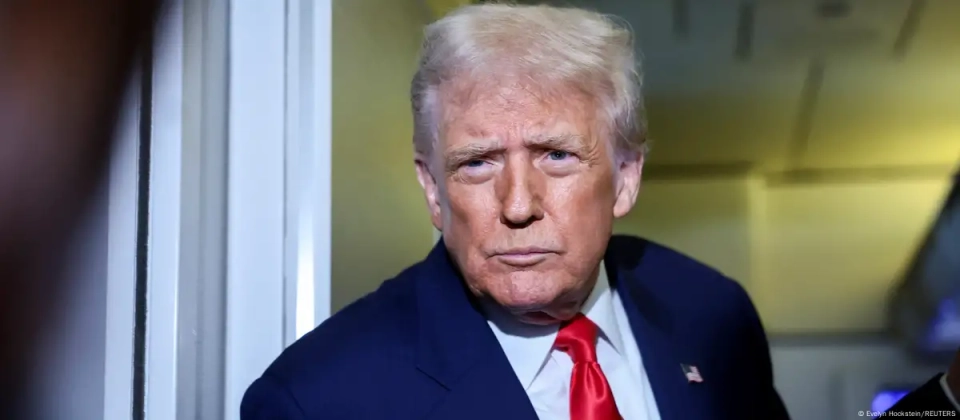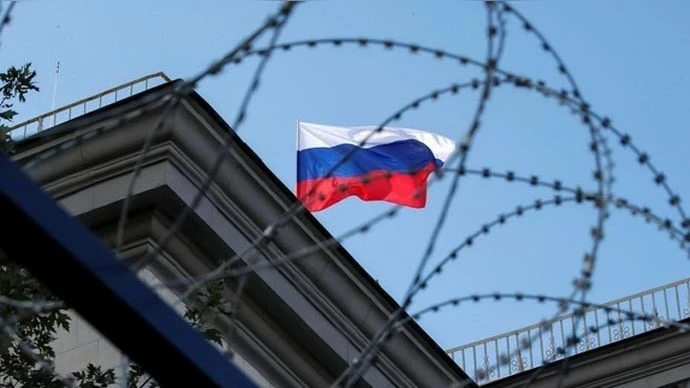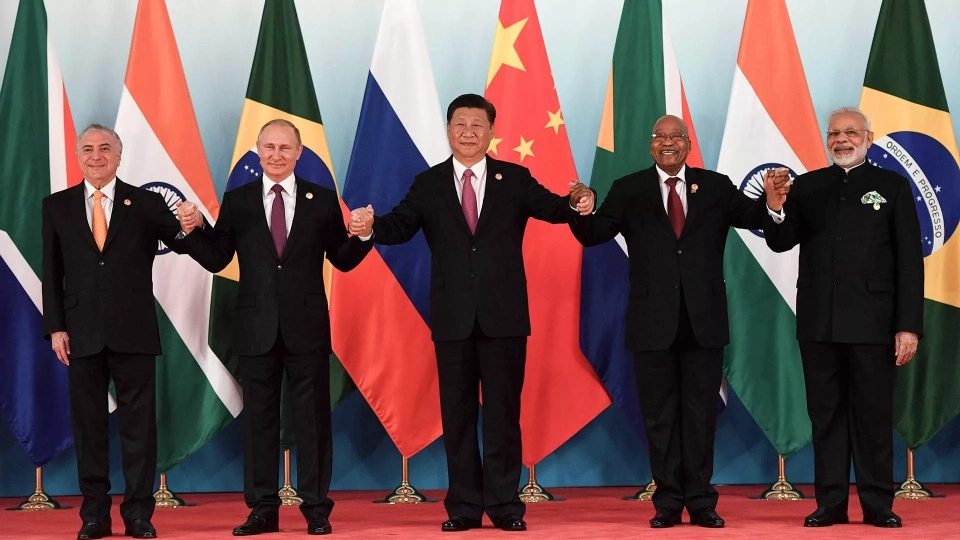
In an interview, Mearsheimer, the author of several scholarly works on global politics, shares his views on the current tensions in Venezuela and the actions of the American Navy, emphasizing that this is not an isolated case but a reflection of deeper changes in the international system. He highlights the departure from the unipolarity characteristic of the United States and the transition to a multipolar world.
According to the professor, Washington, justifying its actions in Venezuela as a fight against drug trafficking, is actually violating international norms and acting without Congressional approval. Mearsheimer warns that such practices could turn "anti-drug operations" into a means of political pressure, creating a precedent for the use of force without oversight and judicial procedures.
He also emphasizes that the economic sanctions and military actions that the U.S. applies against Venezuela, Iran, and other countries do not contribute to strengthening democracy; rather, they undermine sovereignty and exacerbate humanitarian crises. The professor notes that these measures primarily harm ordinary citizens, not the elites, becoming tools of political blackmail.
Mearsheimer draws parallels with the history of American interventions in Latin America, from Panama and Grenada to Chile and Guatemala. He states that the rhetoric about "fighting dictatorship" has often served as a cover for geopolitical interests. Today, this logic is repeating itself, but under conditions where the influence of China, Russia, and other countries is growing, and international norms are becoming less stable.
According to Mearsheimer, "the situation in the Caribbean is not just a local conflict. It reflects the state of American power and trust in it. The world no longer takes U.S. actions for granted."


